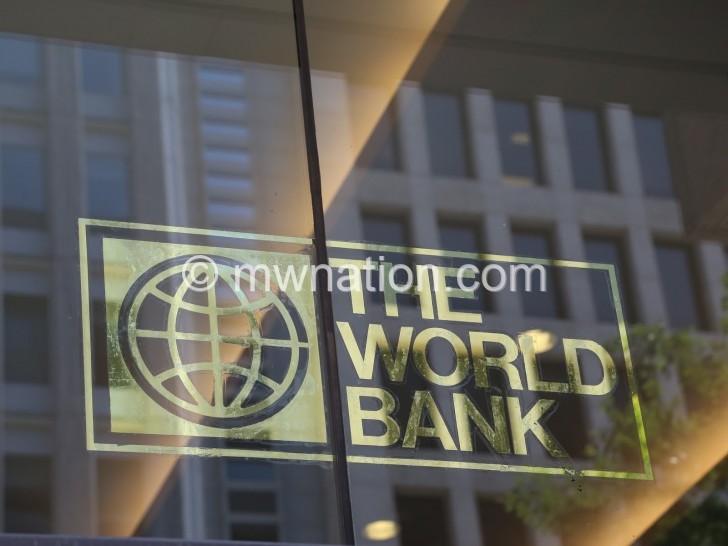World Bank faults trade policies on price instability
The World Bank says trade policies are a major source of risk for global food price stability.
The bank observed in its recent food security update that trade policy actions on food and fertiliser have surged since the beginning of the war in Ukraine, with 19 countries implementing 23 food export bans while eight had implemented 12 export-limiting measures as of December 2022.

Said RBM in the update: “Trade policy actions on food and fertilizer have surged since the beginning of the war in Ukraine, and countries actively used trade policy to respond to domestic needs when faced with potential food shortages at the beginning of the Covid-19 pandemic.
“Macroeconomic challenges pose additional risks to food security for low-income countries.”
For instance, India, Cameroon, Kosovo, Russia have placed export bans on wheat while China, Ukraine have placed export bans on fertilisers.
Russia now demands export licensing for nitrogenous fertilisers, according to the World Bank.
Last year, Mwapata Institute warned that the war in Ukraine was likely to have an impact on Malawi that could be detrimental.
The institute said while food prices would rise on the global markets due to supply shocks, especially for wheat and sunflower, fertiliser supply will also be directly impacted, as the countries involved in the conflict are major.
The institute’s executive director William Chadza said Malawi was particularly vulnerable because Russia is one of the five countries where the bulk of Malawi’s food imports originate.
He also said fertiliser supply would be affected as countries involved in the conflict are major producers of chemical nitrogen, phosphors and potassium used in agriculture production.
“Government can invest in increased productivity of commodities which are typically imported but could be produced locally such as wheat and wheat substitutes,” he said.
Meanwhile, the cost of living has been rising steadily with Centre for Social Concern data indicating that in January 2023, consumers were spending K356 108 on basic necessities, a rise from the previous month’s K328 522.
Economist Bond Mtembezeka said the cost of living will continue to bite Malawians because prices will continue to rise, at least in the short to medium term.
“You have to understand that almost everything is imported which means any sustained foreign exchange challenges will translate into rising cost of goods and services,” he said.
Meanwhile, Reserve Bank of Malawi said pressures are expected to remain high for domestically-produced food commodities, with 2023 headline inflation projected to average 18.2 percent, down from 21 percent for 2022.





